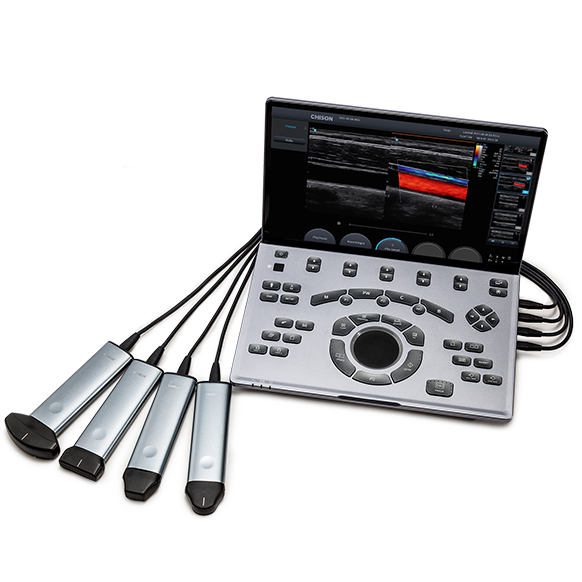Benefits and Applications of Portable Ultrasound
Portable ultrasound has emerged as a game-changer in the field of medical diagnostics, providing healthcare professionals with a compact and versatile tool for imaging and diagnosis. With its accessibility, cost-effectiveness, and improved patient care outcomes, portable ultrasound devices are transforming the way medical professionals deliver point-of-care diagnostics.

Benefits of Portable Ultrasound
Accessibility and Convenience: Portable ultrasound devices allow medical professionals to conduct imaging tests at the patient's bedside, in remote locations, or even during emergency situations. The compact size and portability of these devices make them highly accessible, ensuring timely and accurate diagnoses.
Cost-effective Solution: Compared to traditional ultrasound machines, portable ultrasound devices are more affordable and cost-effective. This makes them particularly valuable in resource-limited settings where access to sophisticated imaging equipment may be limited.
Point-of-Care Diagnostics: Portable ultrasound enables healthcare providers to perform immediate assessments at the point of care, reducing the need for patient referrals and allowing for prompt decision-making. This real-time information can significantly impact patient outcomes, particularly in critical situations.
Improved Patient Care and Outcomes: Portable ultrasound facilitates quicker diagnoses, resulting in improved patient care and outcomes. Physicians can make informed treatment decisions promptly, leading to more effective interventions, reduced hospital stays, and enhanced patient satisfaction.
Applications of Portable Ultrasound
Obstetrics and Gynecology: Portable ultrasound machine is widely used in obstetrics and gynecology for fetal monitoring, detecting pregnancy complications, and assessing reproductive health. It allows healthcare professionals to perform ultrasound examinations conveniently and accurately.
Emergency Medicine: In emergency medicine, portable ultrasound plays a crucial role in rapidly diagnosing life-threatening conditions such as internal bleeding, pneumothorax, and cardiac abnormalities. The immediate availability of ultrasound imaging aids in making critical decisions in emergency situations.
Primary Care: Portable ultrasound devices are increasingly being incorporated into primary care settings, enabling physicians to perform focused examinations, such as evaluating the heart, lungs, and abdominal organs. This helps in diagnosing conditions promptly and streamlining referrals.
Sports Medicine: Portable ultrasound is utilized in sports medicine for evaluating musculoskeletal injuries, such as ligament tears, muscle strains, and joint abnormalities. It allows sports physicians to provide on-the-spot assessments and guide rehabilitation protocols.
Veterinary Medicine: Portable ultrasound has found applications in veterinary medicine as well. Veterinarians use it for pregnancy diagnosis, assessing cardiac function, and evaluating soft tissue injuries in animals.
For more information please visit: www.chison.com


